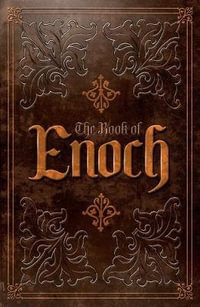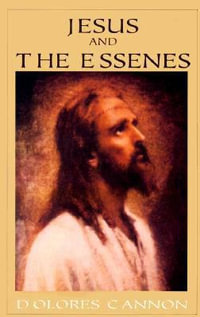In the ancient Near East, when the gods detected gross impropriety in their ranks, they subjected their own to trial. When mortals suspect their gods of wrongdoing, do they have the right to put them on trial? What lies behind the human endeavor to impose moral standards of behavior on the gods? Is this effort an act of arrogance, as Kant suggested, or a means of keeping theological discourse honest? It is this question James Crenshaw seeks to address in this wide-ranging study of ancient theodicies. Crenshaw has been writing about and pondering the issue of theodicy - the human effort to justify the ways of the gods or God - for many years. In this volume he presents a synthesis of his ideas on this perennially thorny issue. The result sheds new light on the history of the human struggle with this intractable problem.
Industry Reviews
"This book is vintage Crenshaw. Each essay is the fruit of precise scholarship written in a way that those not expert in the field can easily follow the argument and appreciate the conclusions. The ease with which [Crenshaw]. opens the meaning of the text is born of many years of both personal and professional wrestling with the topic...Once again, [Crenshaw] has shown himself to be an eminent scholar and remarkable teacher."--The Catholic Biblical
Quarterly
"Crenshaw's elegant and honest treatment of this timely topic deserves a careful reading and even several re-readings. It is a fine book by a great biblical scholar." --America
"Erudite and impassioned. Highly recommended." --Choice
"Why do bad things happen to good people? The question has been a significant part of the human scene for a very long time and there are clearly no easy answers. Here is a book that will be of the greatest help to the serious enquirer. Crenshaw has read widely, published extensively, and thought deeply about the many sides of the question. I cannot recommend this book too highly. It is timely, wide-ranging and challenging. It focuses important issues and sets
them in a perspective which is immensely helpful."-- Ronald E. Clements, Emeritus Professor of Old Testament Studies, Kings College, University of London
"Those who have followed Crenshaws distinguished career have long anticipated his comprehensive study of biblical theodicies. Defending God does not disappoint. It is sweeping in its survey of the many responses to injustice that ancient Israel explored, while never losing its focus on the singular tension between Gods mercy and love that is common to all. It is rigorous in its critique of the strengths and weaknesses of each possible response, without
sacrificing the pained passion that drives every sufferers quest for answers, however unattainable. In sum, this book is a tour de force. No previous work on the subject is its equal; every subsequent work
will necessarily follow in its wake. For generations to come, Defending God will chart the course for those who seek to understand what the conflict within the soul of Israel teaches us about Gods justice." --Samuel E. Balentine, Professor of Old Testament, Union Theological Seminary-Presbyterian School of Christian Education
"No biblical scholar has thought so long, so hard, and so well about issues of theodicy in the Hebrew Bible as has James Crenshaw. Presenting the topic in ways that are clear, accessible and imaginative, Crenshaw does not flinch from forthrightly addressing the tough questions. All readers who are interested in or perplexed by texts relating to God, evil, and suffering will benefit greatly from these theologically mature reflections." --Terence E. Fretheim,
Elva B. Lovell Professor of Old Testament, Luther Seminary
"Reminiscent of Roland Murphy, Crenshaw masterfully conveys issues with an economy of words. His writing is fluid, accessible, and informative." --Journal of the Evangelical Theological Society
"Crenshaw provides the ingredients for stirring discussions about this perennial problem." --Christian Century
"This volume on theodicy is indeed "the fruit of a lifetime of research," in which Crenshaw goes beyond the boundaries of pure biblical research." --Journal of Religion
























